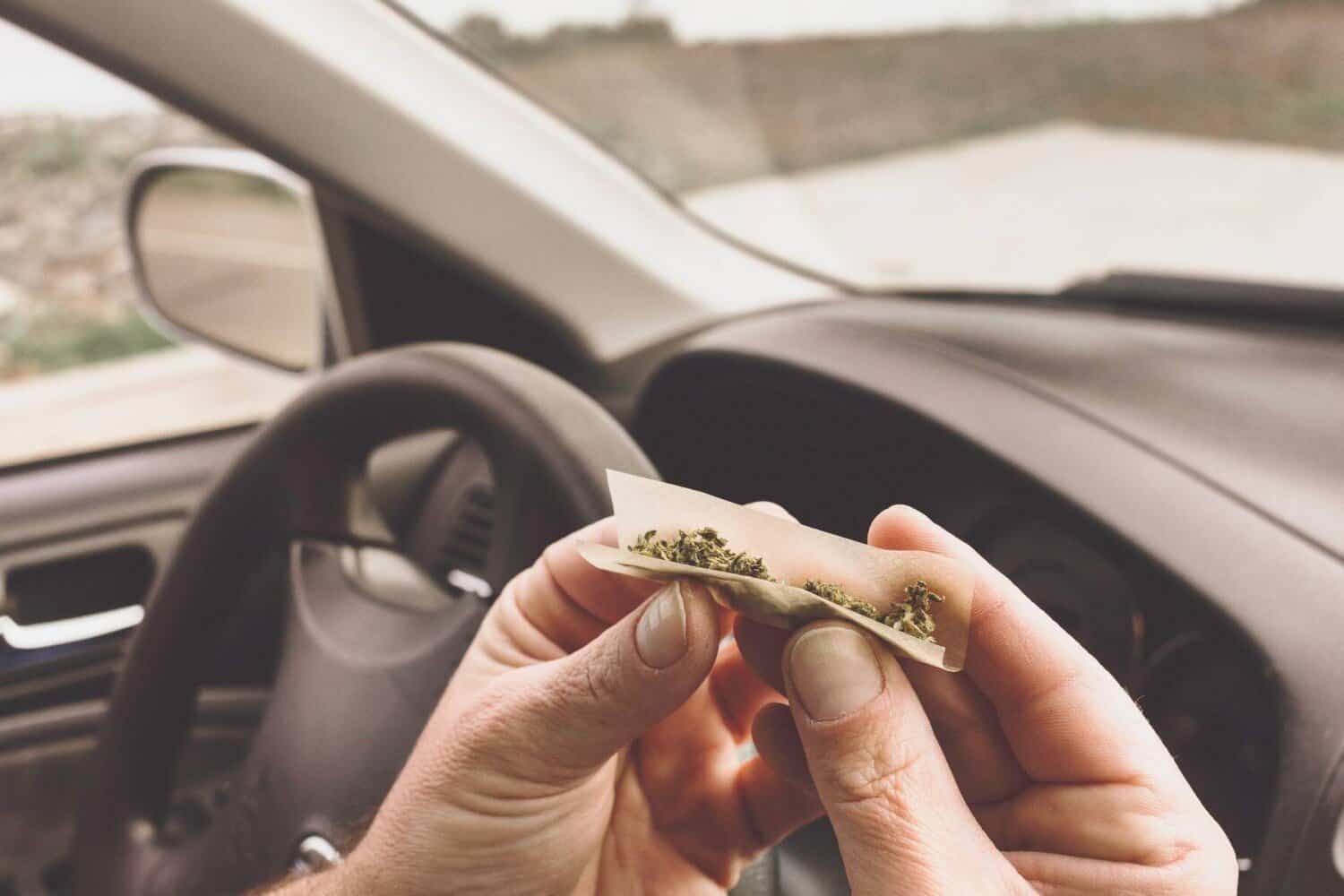Drivers intoxicated from substances other than alcohol pose a huge safety threat.

You can say we don’t, but as South Africans we are always looking for ways to beat the system. And while you might fear a breathalyser at a roadblock, an assumption is starting to emerge that you can get around the whole “driving when drunk” thing when you get your fix from intoxicating substances such as cannabis rather than alcohol.
“Unfortunately, this assumption is not incorrect, most standard police roadside checks can’t detect drugs. This is a serious problem because more and more people in the country are using intoxicating substances,” says Rhys Evans, managing director at ALCO-Safe.
Private cannabis use misunderstood
Many use recreational drugs. With private cannabis use decriminalised, it’s easy to see how drivers will think they are doing no wrong. But being impaired because of cannabis, or other intoxicating substances, leads to very similar problems we see on the roads caused by drinking and driving. Given that police aren’t visibly testing for drugs at roadblocks, drivers likely believe they can get away with it.
The fundamental weakness in current roadside checks lies in what the testing equipment can do. Standard breathalysers, the devices police typically use, are specifically built to measure the amount of alcohol in a person’s breath. It works on a particular chemical reaction that only identifies alcohol. Because of this, they are completely useless for finding out if someone has taken other intoxicating substances like cannabis.
ALSO READ: WATCH: Cannabis Expo comes to Johannesburg [VIDEO]
Whether a driver has used cannabis, cocaine, amphetamines (like speed or ecstasy), or opiates (like heroin or prescription painkillers), these drugs simply won’t show up on a normal breathalyser test. This means that even if someone is severely impaired by these drugs and poses a significant danger on the road, the standard police check will not be able to identify it.
Advanced mobile systems key
A potential answer to the problem of drugged driving is the use of advanced mobile testing systems at roadblocks.
Modern, portable devices allow police to quickly and accurately check for a variety of drugs using a saliva sample, and the process is straightforward: a driver provides a small saliva sample with a swab, which is then placed into the analyser.
In about five minutes, the device can reliably tell officers if drugs like cannabis are present in the driver’s system.
ALSO READ: JMPD arrests over 200 motorists for drunk driving in one week
The speed and accuracy of this technology make it an ideal tool for roadside testing. Unlike invasive, time-consuming urine tests that need specific locations and can hold up enforcement, this method allows police officers to conduct immediate drug checks with minimal delay.
By using such devices routinely at roadblocks, authorities can create a much stronger deterrent against driving under the influence of drugs and significantly improve road safety.
The ability to quickly identify and arrest drivers impaired by drugs will send a clear message.
Law needs to be amended
Introducing advanced drug testing is a step forward, but the associated legal and practical issues need to be addressed.
Currently, there is a lack of officially approved devices for roadside drug testing within South Africa. This is coupled with a deficiency in specific legislation outlining testing procedures and establishing legally defensible drug impairment thresholds.
Although the current Road Traffic Act prohibits driving under the influence of drugs, it does not provide the detailed framework necessary for effective roadside drug testing and subsequent prosecution.
ALSO READ: Cannabis industry only has itself to blame for edibles being banned
To make drug testing at the roadside a reality, the Road Traffic Act needs to be amended. This way, the law can clearly explain how drug tests should be done. And what levels of different drugs in a driver’s system would be illegal. The test results can then be used in court.
Additionally, the police will need proper training on how to use the new testing devices correctly. Along with unambiguous guidelines on how to take saliva samples, handle them, and understand the results.
Support Local Journalism
Add The Citizen as a Preferred Source on Google and follow us on Google News to see more of our trusted reporting in Google News and Top Stories.






